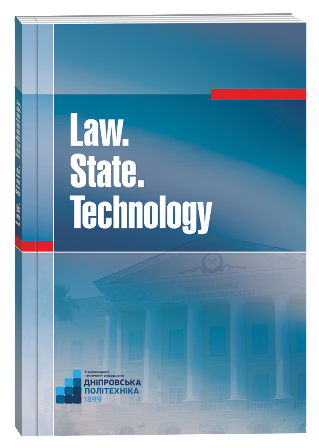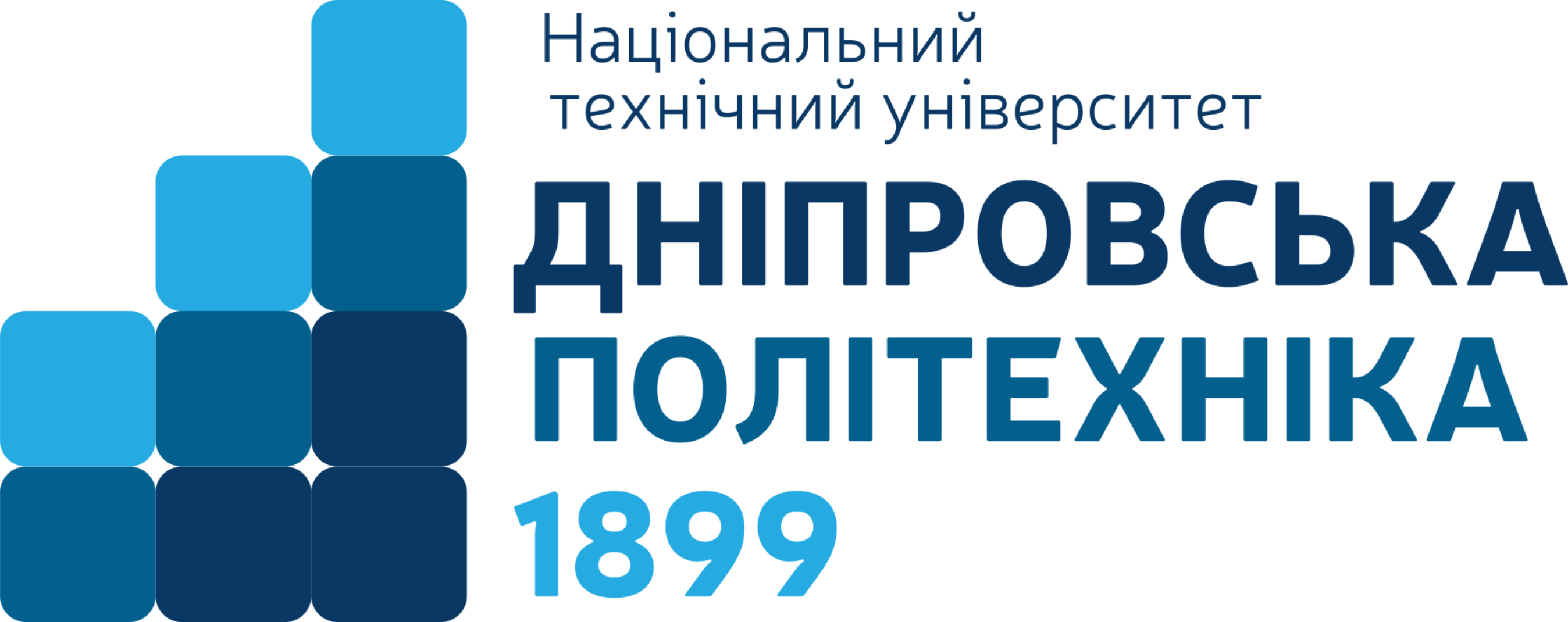FOREIGN EXPERIENCE IN PREVENTING CORRUPTION RISKS IN THE PROVISION OF PUBLIC SERVICES
DOI:
https://doi.org/10.32782/LST/2022-3-7Keywords:
public service, foreign experience, corruption, corruption risks, public service, service, improvementAbstract
The scientific article is devoted to highlighting foreign experience in preventing corruption risks in the provision of public services. One of the key documents of the European Union in the field of public services, which serves as one of the mechanisms for minimizing corruption threats, is the Comprehensive Anti-Corruption Policy of the European Union, dated May 28, 2003. This document formulates the fundamental principles of combating this negative phenomenon within the framework of the European Union and outlines the key areas of development of the fight against corruption in the newly admitted Member States, candidate countries and third countries, which is confirmed by the Commission Communication of May 28, 2003 and the Framework Decision of the European Council 568 of July 22, 2003. It is concluded that anti-corruption legislation abroad is evolving to use not only administrative and criminal law instruments, but also the entire legal arsenal for the fight, emphasizing preventive measures (prevention). In order to balance corruption risks in the field of public services and form a modern national model of combating corruption, it is critically important to take into account the positive international experience gained by successful countries. When applying specific norms of international law in this area, it should be remembered that the features of modern international anti-corruption cooperation are determined by a wide range of objective and subjective factors. These include: globalization of corrupt practices; transformation of corruption into a threat to national security; unresolved obstacles to democratic development; high latency of corrupt practices; close connection of corruption with other crimes, such as money laundering, fraud, terrorism; complexity of corruption and its ability to adapt to any circumstances; shortcomings and imperfections of regulatory legal acts and guidelines in national legislation.
References
Легеза Є. О. Теорія публічних послуг : адміністративно-правова складова : монографія. Херсон : Видавничий дім «Гельветика», 2016. 452 с.
Corruption Perceptions Index Transparency International. URL: https://www.transparency.org/en/cpi/2021.
Актуальні проблеми боротьби з корупцією в Україні: монографія / В. М. Гаращук, А. О. Мухатаєв. Харків: Право, 2010. 144 с. URL.: https://library.nlu.edu.ua/POLN_TEXT/MONOGRAFII_2011/Garashuk_2010.pdf(дата звернення: 02.06.2022).
Коруля І. В. Зарубіжний досвід у сфері протидії корупції та можливість його використання в Україні. Порівняльно-аналітичне право. 2014. № 1. С. 170-173.
Колісніченко Н. М. Державна служба в Європейському Союзі. Європеїзація та розвиток державної служби в Україні: навч. посіб. / за заг. ред.: М. Бойцуна, Я. Мудрого, О. Рудіка. Київ: Міленіум, 2009. С. 40-47.
Ахтирська Н. Міжнародний досвід боротьби з корупцією як вектор формування національної антикорупційної політики: огляд законодавства Румунії. Віче. № 18, 2015. С. 9-11.
Керницька М., Розлуцький Н. Стан та перспективи у антикорупційній діяльності на міжнародному рівні. Вісник Львівського Університету. 2010. Вип. 44. С. 392-395.
Констенко О. Б., Кухарук А. В. Імплементація європейських стандартів запобігання та боротьби з корупцією в національне законодавство: навч. -метод. матеріали / за ред. Т. А. Саченко. Київ : НАДУ, 2013. 60 с.
Задирака Н. Світовий досвід запобігання та протидії корупції: до питання про інтеграцію законодавства України до права Європейського Союзу. Віче. 2014. № 10. С. 27-29. URL: http://nbuv.gov.ua/UJRN/viche_2014_10_12.
Метельова Т. Європа на обрії: стан і перспективи співробітництва Україна. ЄС. Віче. № 16, 2009. С. 2-4
Дмитренко Е. Міжнародні стандарти створення і діяльності спеціального антикорупційного органу
в Україні. Вісник Національної академії прокуратури України. 2015. № 1. С. 29-34. URL: http://nbuv.gov. ua/UJRN/Vnapu_ 2015_1_6. (дата звернення: 02.06.2022).
Новіков О. Світовий досвід функціонування спеціалізованих антикорупційних органів. Ефективність державного управління: збірник наукових праць. Вип. 43, 2015. URL: http://www.lvivacademy.com/vidavnitstvo_1/edu_43/fail/8.pdf. (дата звернення: 02.01.2022).
Осика М.І. Проблеми корупції у Великобританії. Організаційні та правові проблеми боротьби з корупцією: Матеріали «круглого столу». 5 червня 1998 р., м. Харків. Х.: 1998. С. 71-74
Литвиненко В.І. Зарубіжний досвід організації та діяльності суб'єктів протидії корупції та можливості його використання в Україні. Публічне право. 2015. № 4. С. 175-181. URL: http://nbuv.gov.ua/UJRN/pp_2015_4_25. (дата звернення: 02.12.2024).
Содомора Р.О. Корупційні ризики: адміністративно-правові засади протидії. дис. канд. юрид. наук. спец.: 12.00.07. Тернопіль, 2021. 215 с.








